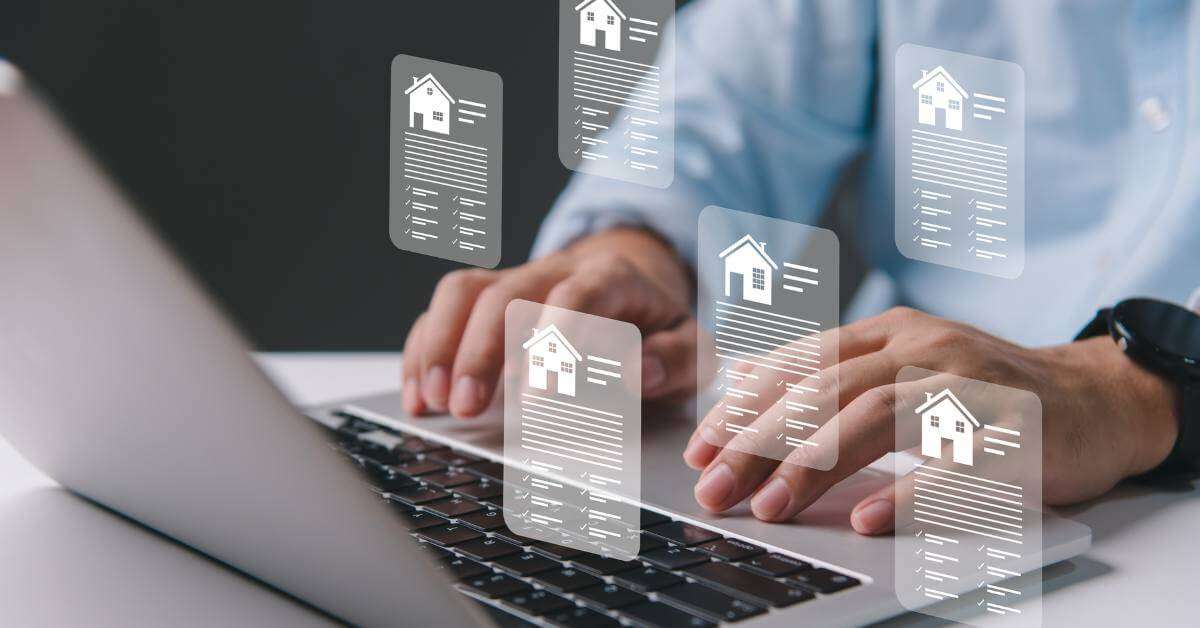In recent years, the Internet of Things (IoT) has emerged as a transformative force in various sectors, and rental housing is no exception. The integration of IoT technologies is reshaping how landlords and tenants interact with their living spaces, offering enhanced convenience, security, and efficiency. As we delve into how IoT is changing rental housing, we find a realm where technology meets everyday life, revolutionizing the way we perceive and manage rental properties.

The Rise of Smart Apartments
Smart apartments are becoming increasingly popular as IoT devices make it possible to automate and control various aspects of living spaces. From smart locks to intelligent lighting systems, these technologies are not only convenient but also energy-efficient. Tenants can easily manage their homes through smartphone apps, creating a personalized living experience that adapts to their needs.
Enhanced Security with Smart Locks
One of the most significant changes IoT brings to rental housing is improved security. Smart locks offer a level of security that traditional locks cannot match. Tenants can lock and unlock their doors remotely, providing peace of mind and eliminating the need for physical keys. This technology also allows landlords to manage access to the property without the hassle of changing locks when tenants move in or out.
Energy Efficiency and Remote Control
Energy efficiency is a critical consideration for both landlords and tenants. IoT devices such as smart thermostats and lighting systems allow tenants to control their energy usage remotely. These devices learn user habits and adjust settings accordingly, reducing energy consumption and lowering utility bills.
Smart Amenities for Enhanced Living
Beyond individual apartments, IoT is also transforming the amenities offered in rental communities. Smart gyms, pools, and even parking garages are becoming common, providing tenants with a more integrated and seamless living experience.
Convenience of Smart Mailbox Systems
With the rise of online shopping, package management has become a significant concern for tenants. Smart mailbox systems ensure that packages are delivered securely and efficiently, reducing the risk of theft and missed deliveries.
Connected Fitness Centers
IoT-enabled fitness centers offer tenants the ability to track their workouts and access personalized training programs. These smart gyms provide a more engaging and effective fitness experience, encouraging a healthier lifestyle.
IoT for Property Management
For landlords, IoT offers tools to simplify property management and enhance tenant satisfaction. From maintenance requests to utility management, IoT streamlines operations and reduces costs.
Proactive Maintenance Solutions
IoT sensors can detect issues such as water leaks or HVAC problems before they become significant concerns. This proactive approach to maintenance helps landlords maintain their properties more efficiently and reduces repair costs.
Streamlined Communication
IoT platforms enable seamless communication between landlords and tenants. Maintenance requests, rent payments, and community announcements can be managed through a single app, improving tenant satisfaction and fostering a sense of community.
The Future of IoT in Rental Housing
As IoT technology continues to evolve, its impact on rental housing will only grow. The integration of artificial intelligence and machine learning will lead to even smarter homes, where devices can anticipate tenant needs and adjust settings automatically.
AI-Driven Insights
AI-powered analytics will provide landlords with valuable insights into tenant behavior and property performance. These insights can inform decisions on property improvements and marketing strategies, ultimately enhancing tenant retention and profitability.
Personalized Living Experiences
Future IoT developments will focus on creating personalized living experiences for tenants. From customized climate settings to intelligent entertainment systems, IoT will cater to individual preferences, making rental housing more appealing and competitive.
Challenges and Considerations
While IoT offers numerous benefits, there are challenges to consider. Privacy concerns, data security, and the cost of implementation are critical factors that landlords and tenants must address.
Data Privacy and Security
As IoT devices collect vast amounts of data, ensuring this data is secure and used responsibly is paramount. Landlords must implement robust security measures to protect tenant information and maintain trust.
Cost of Implementation
While IoT can lead to long-term savings, the initial investment can be significant. Landlords must weigh the costs and benefits of implementing IoT technologies and consider potential returns on investment.
Conclusion
In conclusion, how IoT is changing rental housing is a testament to the power of technology in transforming everyday life. From enhanced security to personalized living experiences, IoT is redefining what it means to rent a home. As technology continues to advance, the potential for IoT in rental housing is limitless, promising a future where smart living is the norm, not the exception.

FAQs
What are the benefits of IoT in rental housing?
IoT offers enhanced security, energy efficiency, and personalized living experiences, making rental housing more attractive to tenants.
How can landlords benefit from IoT?
Landlords can streamline property management, reduce maintenance costs, and gain valuable insights into tenant behavior through IoT technologies.
Are there any privacy concerns with IoT in rental housing?
Yes, data privacy and security are critical concerns. Landlords must implement robust security measures to protect tenant information.
For further information on smart property management, you can visit this article.
This article contains affiliate links. We may earn a commission at no extra cost to you.






